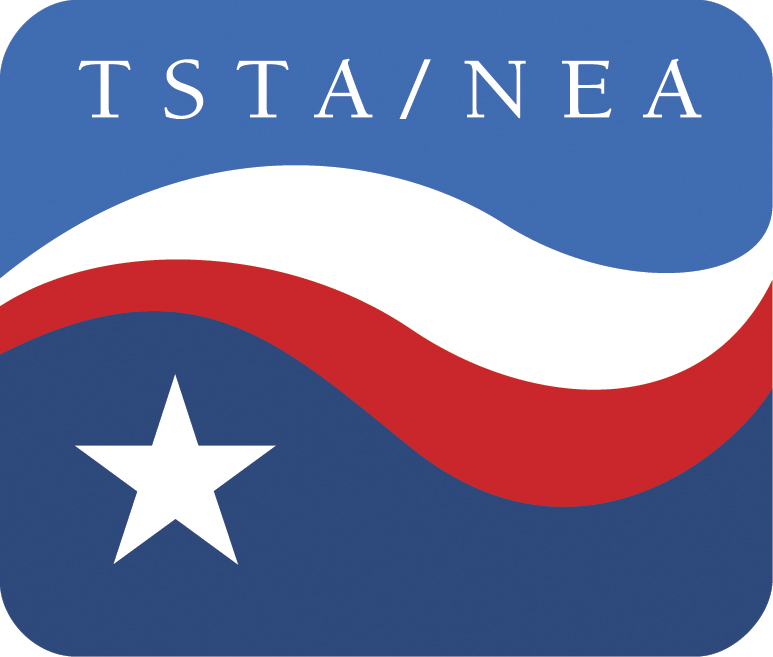Doing the 221 dance
Lifting the 221 class size limit for kindergarten through fourth grade is a politically ticklish issue for some superintendents and legislators alike. That’s because it is an important learning standard for younger students, and it is very popular with parents.
According to a recent independent poll by the state’s major newspapers, 61 percent of Texans support the 221 limit. Earlier polls commissioned by TSTA have indicated similar public support.
So, there was a little political dancing on the issue during the Senate Education Committee’s hearing yesterday.
As expected, 221 was among the first “unfunded mandates” that school administrators asked senators to lift in order to provide districts more “flexibility” over supertight budgets. Considering the state’s huge revenue shortfall and the prevailing political climate in Austin, superintendents figure it will be easier to get “flexibility” than what they really need – more state aid – from the Legislature and the governor.
The school districts’ budgetary problems are worse than ever, but some superintendents have been trying to rid themselves of 221, without being too obvious about it, for several years.
And, superintendents are denying the fact that they already have flexibility over 221. It’s called the waiver process. If the K4 class cap is too much of a budgetary hardship, a district already can seek a waiver from the state. Almost all of the requested waivers over the years have been granted, but some superintendents obviously dislike the public process of seeking them, of telling parents that their kids’ classes will become more crowded. They would rather the Legislature allow larger classes without the public waiver process.
At one point, Education Committee Chairwoman Florence Shapiro interrupted the hearing to point out the longstanding opposition of some superintendents to 221.
“We (the Legislature) did not make up the 221 change,” Shapiro said. “This has been brought to us by superintendents for the past four years…Let’s be transparent. I think it’s important that we all be honest with each other.”
Shapiro supports the change and has filed legislation to lift the cap, but she, too, obviously recognizes the significance of 221 and its popularity with parents.
Lobbying pressure from superintendents against 221 has been prompted, of course, by an inadequate school finance law, which the Legislature worsened in 2006 by cutting local school taxes without raising enough state revenue to pay for the reductions. Now, the recession has put the schools in an even deeper budget hole, and an important classroom standard has been moved to the front of the chopping line.

0 Comments